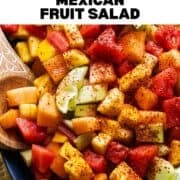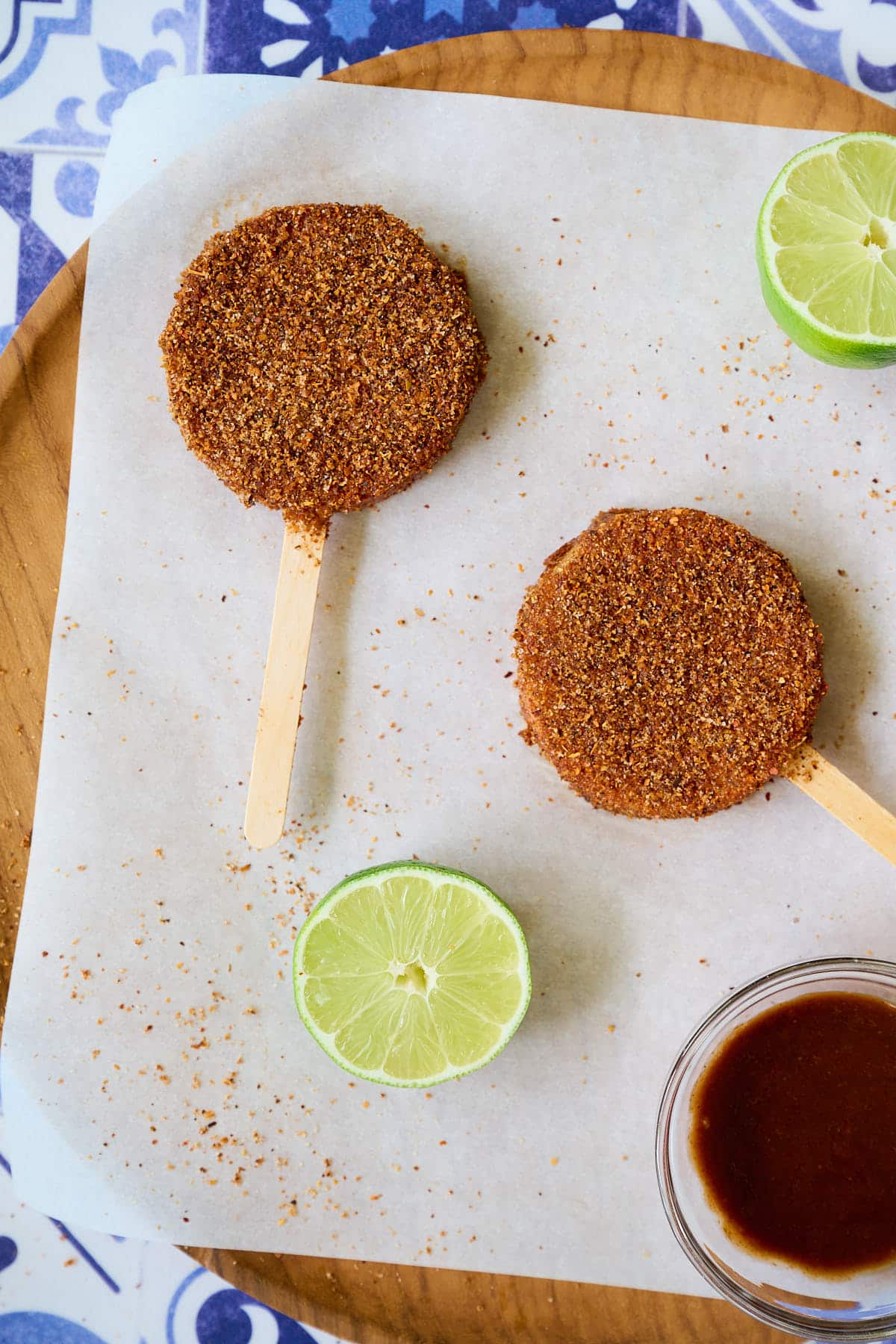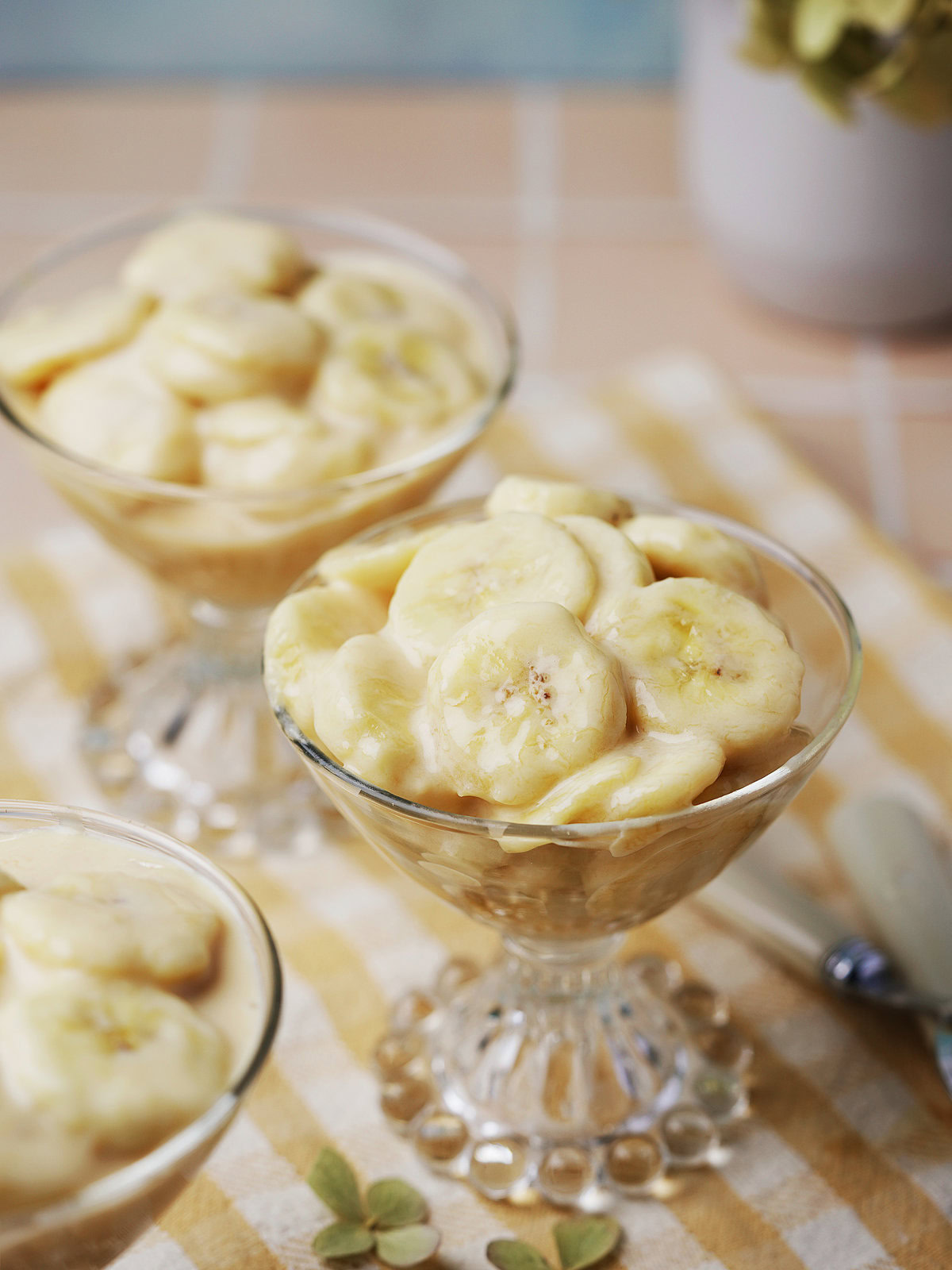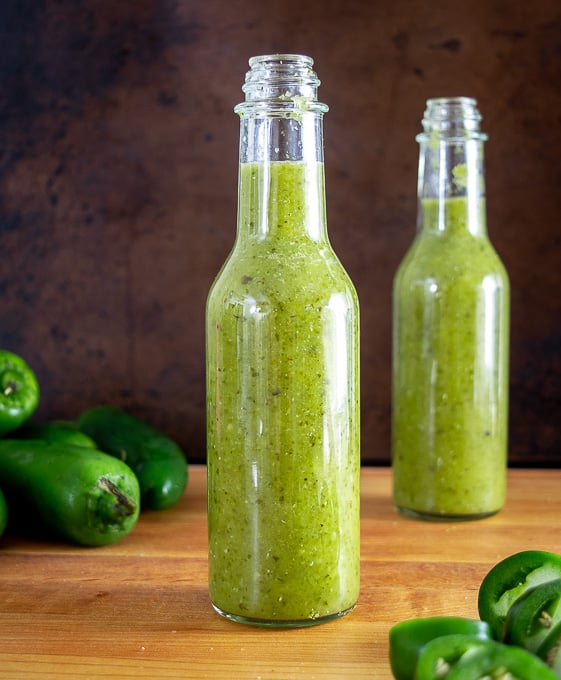Jicama is a local Mexican root vegetable that is barely starchy and spherical or oval in form. They have a light-weight brown, papery pores and skin with white flesh on the within. The root itself can vary in measurement from that of a small apple to as large as about six kilos.

In English, this vegetable can also be referred to as yam bean root. You’ll seldom see it referred to as something however jicama in a grocery retailer or on a menu. It’s nice alone as a crunchy snack or in a salad. Made up of largely water, it is low in energy, wealthy in dietary fiber, and supply of Vitamin C, potassium, and folate.
Jicama is native to Mexico. Spaniards first encountered it in Mexico after which launched the basis vegetable to the Philippines.It’s now additionally in style in Chinese, Vietnamese and different South Asian cooking. The root stays crisp when cooked, much like a water chestnut. It simply takes on the flavour of different meals or sauces it is being cooked with, making it superb for dishes like stir-fry.
What does it style like?
Flavor: A mildly candy, nutty and earthy style.
Texture: Crisp, crunchy flesh, much like the within of an apple.
How to decide on jicama within the grocery retailer
Look for small or medium-sized root with shiny, easy, and unblemished pores and skin for optimum freshness. The thick, papery pores and skin protects the flesh and retains it from drying out or rotting. The bigger the basis, the extra tasteless will probably be, and the feel generally is a bit more durable.
Avoid jicama with wrinkles, sunken or smooth spots, punctures, gashes, or any indicators of mildew on the prime or backside of the basis.

Some grocery shops, comparable to Trader Joe’s, have begun promoting thinly sliced jicama for making wraps. Eat them inside a couple of days of buy to keep away from the jicama from getting slimy because it breaks down.

How to chop and peel jicama
To lower jicama, take away the fibrous outer pores and skin and slice into flat sections, after which smaller items if you happen to like.

- Step 1: Turn the jicama on its aspect and lower off the highest and backside of the basis.

- Step 3: Slice jicama to desired thickness after which lower into sticks.

- Step 2: Place the jicama cut-side down and use a knife to take away the pores and skin.

- Step 4: Store sliced jicama in an hermetic container within the fridge.
How to eat jicama
Eat jicama uncooked. Cooking jicama shouldn’t be widespread in Mexican delicacies.
Jicama is commonly eaten plain or with a squeeze of lime juice and Tajín as a snack, however will also be sliced, cubed, or julienned for salads, or as a crunchy factor to different snacks.
Mexican Recipes with this ingredient

- MEXICO CITY-STYLE PICO DE GALLO: Crisp, crunchy jicama is the bottom of the recipe with cucumbers, diced onion, serrano chile and sectioned oranges for a novel snack that is doused in lime juice and sprinkled with Tajín.
- Mayan Citrus salad: Also referred to as ensalada xec (pronounced “shek”), this snack is a staple within the Yucatán area, made with jicama, sectioned citrus fruit (oranges and grapefruit), lime juice, habanero chile, finely chopped cilantro, and sprinkled with salt.
Preparation and Storage
Preparation: The pores and skin shouldn’t be edible, so at all times peel earlier than consuming. Use a pointy knife or sturdy vegetable peeler to take away the brown, fibrous pores and skin.
Storage: Store a contemporary jicama root within the fridge for as much as 4-6 weeks earlier than it begins to appear like it is getting wrinkly or begins to get sunken spots. These are indicators that it is now not good as a result of over time, the starch converts to sugar and the basis begins to interrupt down.
After reducing the basis, refrigerate in an air-tight container and eat inside a couple of days.





